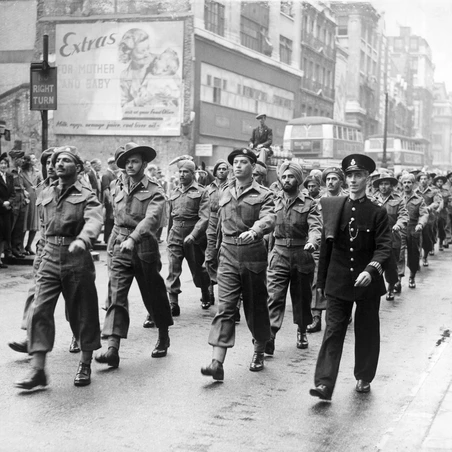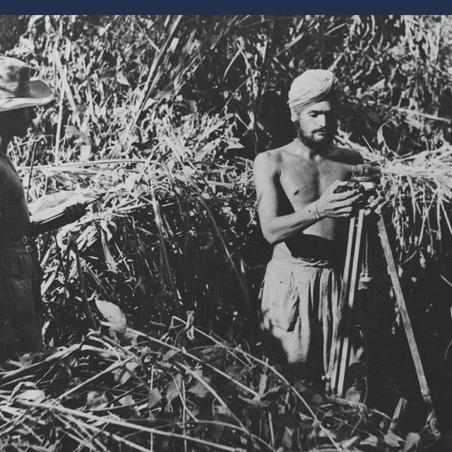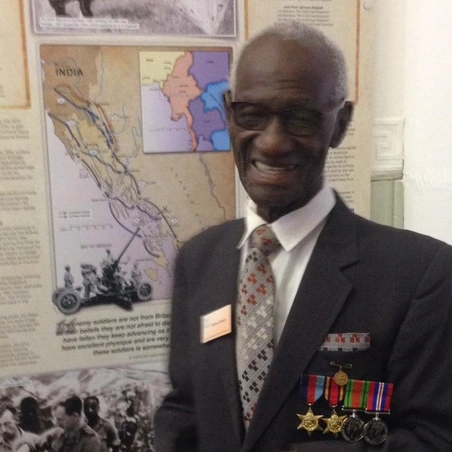An essential part of maintaining morale was keeping the troops entertained.
Most units had a joker or somebody who could play the harmonica, and larger units would stage a panto or a pre-war farce.
Concert parties
There were also professional artistes who toured the bases. Some of them came through ENSA – the Entertainments National Service Association.
There were complaints that the quality was poor - one letter in May 1944 said:
It was worse than any third-rate show in England.
The great Noel Coward toured the region, but his languid upper-class style was not universally popular with the multi-cultural Fourteenth Army.
On one occasion he was jeered off stage by soldiers from one of the African regiments.
Vera Lynn in Burma
She played concerts in Egypt and India, and then drove into the North East of India, to Dimapur in Assam, very close to the front line at Kohima.
Sometimes she performed in tents or buildings, sometimes on the grass ‘with the boys just coming out of the bush with their weapons’.
On one occasion her audience was just two men in a hospital, where she sat on a bed and sang a couple of songs. She said that she just ‘kept smiling and being cheerful and talking to them and holding their hands and trying to cheer them up a little bit’.
Sport and personal training
Games and sports could travel from one country to another – polo had travelled from India to Britain, cricket in the opposite direction.
But some games were only ever loved by one army – the sport of kabaddi never took off outside India.
Education
Meanwhile the Army Bureau of Current Affairs (ABCA) produced two regular pamphlets: Current Affairs and War. These were designed to act as starting points for officer-led discussion within units.
Each pamphlet included a section at the front on how to deliver the material, with an emphasis on taking ‘the chair not the floor’.
Such educational activities went together with widespread discussion of politics, and easy access to newspapers and BBC radio.
It was felt important that the soldiers of the British and Australian armies – as part of a citizen army fighting against one that was politically indoctrinated – should understand why they were fighting.
Within the pre-partition Indian Army education was also seen as important. Newspapers circulated, and influential colonial administrators like Frank Lugard Brayne believed in using education to boost post-war development in Punjab.
Many sepoys learnt to read and write during the war, making use of their leisure time.









